Wills Smart Technology's Smart iOT Farming
Application of IoT in agriculture could be a life-changer for humanity and the whole planet. Currently, we witness how extreme weather, deteriorating soil and drying lands, collapsing ecosystems that play a crucial role in agriculture make food production harder and harder.
In the meantime, we are not getting fewer. Famous prediction says there will be more than 9 billion people in 2050. That’s a lot of mouths to feed.
Application of IoT in agriculture could be a life-changer for humanity and the whole planet. Currently, we witness how extreme weather, deteriorating soil and drying lands, collapsing ecosystems that play a crucial role in agriculture make food production harder and harder.
In the meantime, we are not getting fewer. Famous prediction says there will be more than 9 billion people in 2050. That’s a lot of mouths to feed.
We are provide all in one solution on one platform
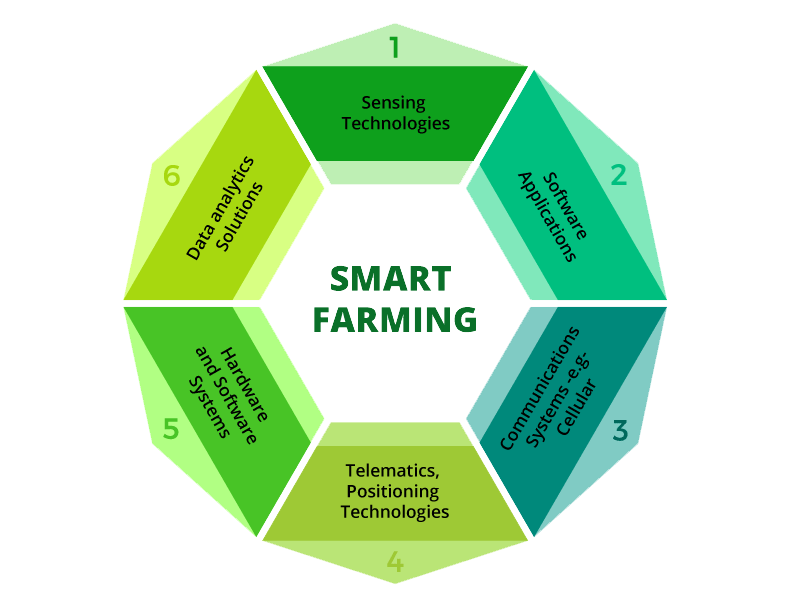
What is Smart IoT Farming?
Smart agriculture is a broad term that collects agriculture and food production practices powered by the Internet of Things, big data and advanced analytics technology. The most common IoT applications in smart agriculture are:- Sensor-based systems for monitoring crops, soil, fields, livestock, storage facilities, or any important factor that influences the production.
- Smart agriculture vehicles, drones, autonomous robots and actuators.
- Connected agriculture spaces such as Smart greenhouses or hydroponics.
- Data analytics, visualization and management systems.
Will Smart IoT Farming covers the many applications of the Internet of Things (IoT) technology in farming, agrotech and agriculture. The use of sensors, data collection, wireless networks, cloud platforms and data analysis is already revolutionizing the farming and agricultural sectors. The primary benefits include:
- Increased production.
- Lower production costs.
- Operational efficiencies.
- Real-time and intelligent cost management.
These items will either increase revenues or reduce costs – maximizing your profits. There is real momentum behind IoT technology in agriculture and farming – with many analysts predicting both the market and the adoption of Smart Agriculture technology to sky-rocket as more firms recognize the benefits.

Wills Smart IoT farming: The impact of IoT and AI on agriculture
To combat the growing population, farmers and innovators alike will have to come together to put in place strategies to help farmers meet increasing production demands.
Wills Smart Technology has taken the first step to developing a Smart Agricultural System, to help farmers reduce workload and improve manpower shortages, using the front-end environmental sensors, monitoring systems, and equipment controllers to maintain the field and monitor the crops conditions remotely.
Climate Conditions
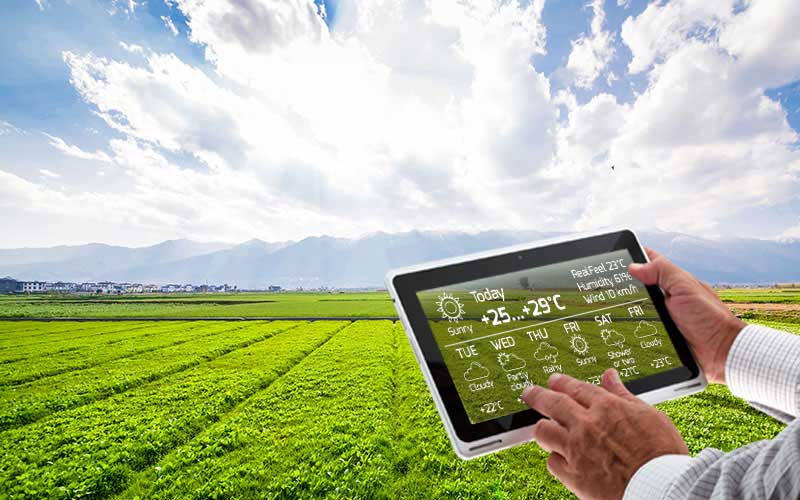
Precision Farming
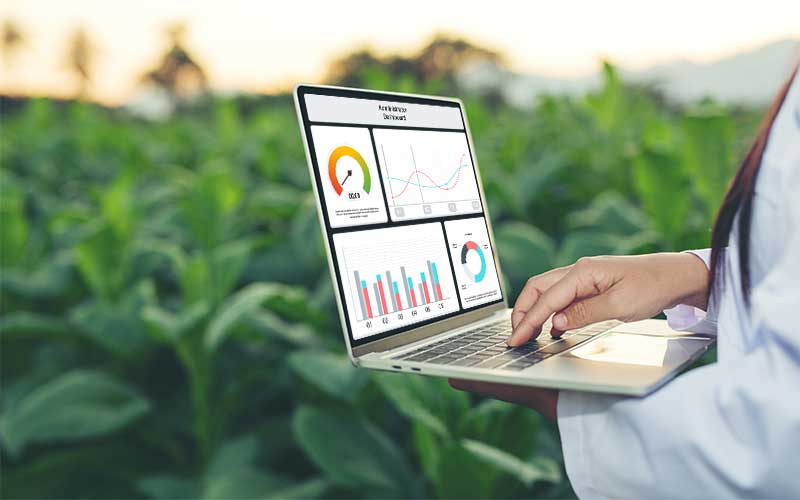
Smart Greenhouse
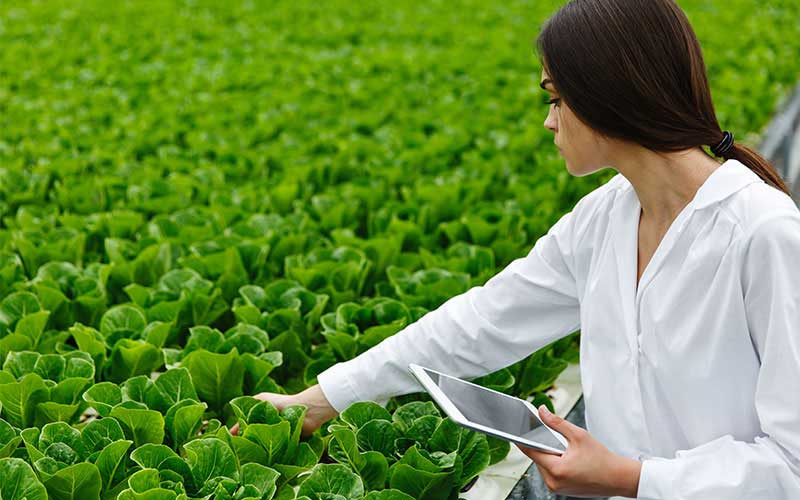
Agricultural Drones
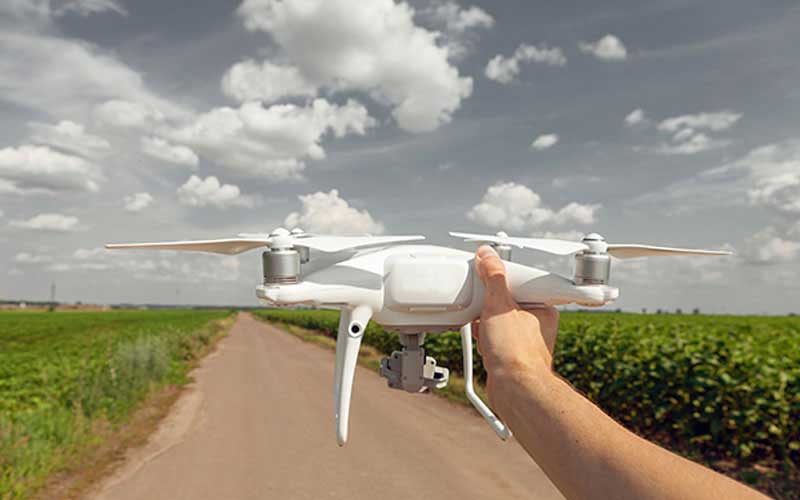
Get In Touch
Don't hesitate to contact us
+018885551
Suite 224, 2nd Floor Nawa Complex, Cadastral Zone B09 Ahmadu Bello way, Kado Abuja, FCT, Nigeria.